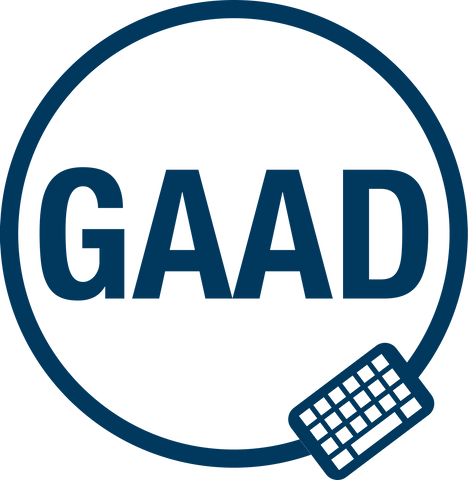As we celebrating Global Accessibility Awareness Day, established 10 years ago to stimulate ‘talking, thinking and learning about digital access and inclusion’, we are delighted to announce that Sydney University Press has just joined the Round Table on Information Access for People with Print Disabilities.

We are the first Australian publisher to join the Round Table, an organisation established in 1981 with a mission to ‘facilitate and influence the production and use of quality alternative formats for people with print disabilities by optimising the evolving Round Table body of knowledge’. As well as being a clear statement about our prior work and commitment to accessibility, the membership of the Round Table will allow us to further develop our accessibility knowledge and contribute towards ending the global ‘book famine’. According to the World Blind Union, less than 10 percent of published works are available in accessible formats. This lack of access to information affects the opportunities for learning, participating in the social and economic life of society, and leading a balanced life. We as publishers have a moral obligation to change that.
While accessibility awareness is growing in the publishing industry, a recent survey of Australian publishers shows a clear need for more information and training around what accessibility is and how to achieve it. Respondents reported a lack of skills and knowledge, and limited awareness as the key barriers to the production of accessible ebooks. Interestingly, publishers of all sizes were able to make progress on accessibility implementation, which means that it can be done regardless of available resources.
To ensure that ebooks are truly born-accessible requires embedding accessibility in the whole publishing workflow and embracing the idea of inclusive publishing. Retrofitting accessibility at the end of the publishing process is time-consuming and expensive. Respondents to a survey of accessible format providers reported that it can take from one week to six months to convert a single book, and it depends on many variables: the time it takes to get a file from the publisher, the type of source file, the size and complexity of the book, and the type of output produced.
There is a huge opportunity for publishers and alternative content providers to work more closely together to make the conversion process easier and more efficient in the short term (by providing editable source files in a timely manner), and to make some of it obsolete in the longer term by producing ‘born-accessible’ publications. As Rachel Comerford, Senior Director of Content Standards and Accessibility at Macmillan Learning, writes, ‘Content that is born accessible is inherently better prepared for digital distribution. It is more compatible across different systems, platforms, and screens. It is flexible and adjusts to the needs of the user.’ Basically, born-accessible publications are better for everyone.
At SUP, we keep reviewing and improving our processes. And we look forward to playing our part in raising accessibility awareness and promoting the adoption of accessibility standards throughout the publishing industry, and most importantly, increasing the availability of published content to people with print disabilities.
Words by Agata Mrva-Montoya. Image via Global Accessibility Awareness Day.
